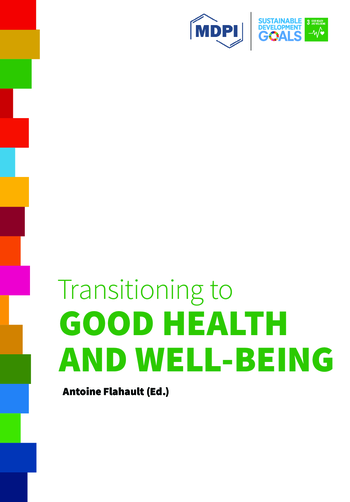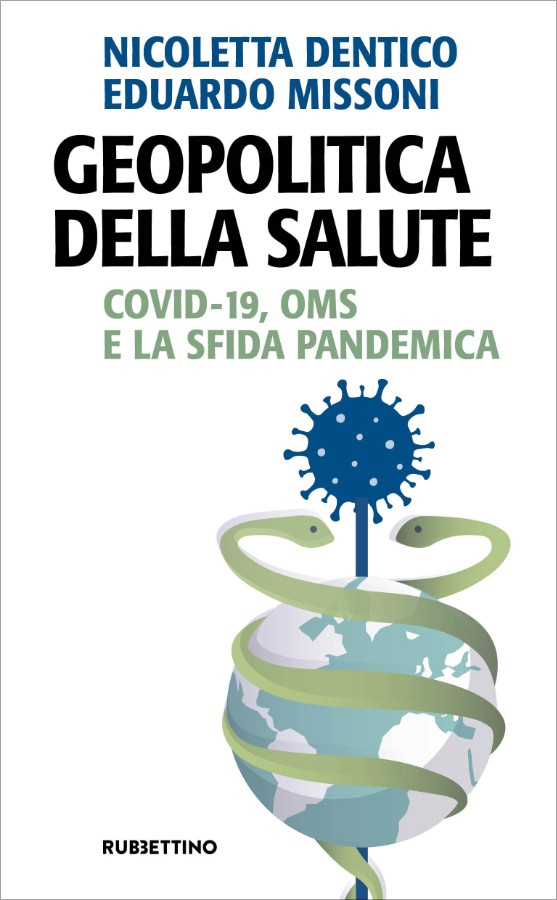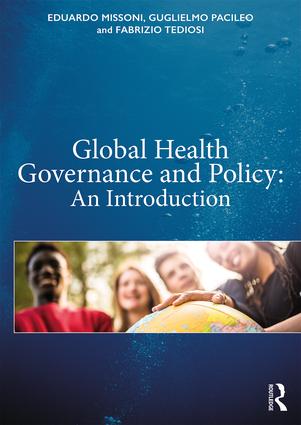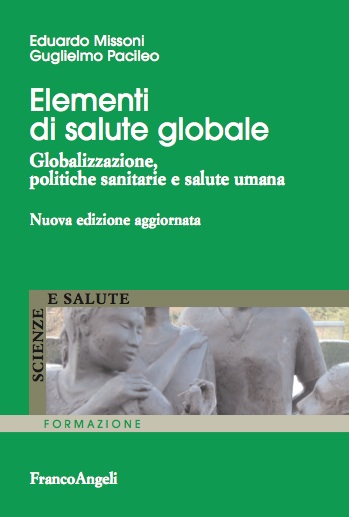
The Agenda 2030, signed by the Heads of State and Government in 2015, set out 17 Sustainable Development Goals (SDGs) and, for each of them, a number of targets to be reached within the next 15 years, with a total of 169 targets. SDG 3, “ensuring a healthy life and promoting well-being for all at all ages”, provides, among others, Goal 3.8 “achieving universal health coverage, including protection of financial risks, access to quality essential health care services and access to safe, effective, quality and affordable essential medicines and vaccines for all“.
Agenda 2030, unlike the global agenda for the previous fifteen years, which focused on the so-called Millennium Development Goals (MDGs), mainly concerning the poorest countries, involves and commits all governments to the adoption of “indivisible” and universal goals that will help to end poverty by 2030 “once and for all”, and also brings the issue of development back to a global dimension. The new agenda is not without contradictions. Among other things, it proposes, among its economic objectives, “sustainable, inclusive and sustained growth”, an oxymoron that was pointed out at the beginning of the 1970s, when the Club of Rome showed the “limits of growth” in a finite ecosystem. Thus, the challenge of sustainability is global and involves all national health systems. Using Universal Health Coverage, SDG 3’s target, which seems to attract most of the attention, as the main focus, the paper argues that SDG 3’s feasibility and sustainability is highly dependent on transnational determinants which, if left unregulated by appropriate global governance processes, may jeopardize its attainment. Global determinants (international macroeconomic policies, migration, climate change, market forces, technological innovation, etc.) affecting health system functions (stewardship, resources generation, financing and the provision of services) are identified, and their impact analyzed. The analysis provides suggestions for the identification of an urgent paradigmatic shift to ensure the effective sustainability of SDG 3 in general, and of universal health coverage (UHC) in particular (Read the full chapter)








